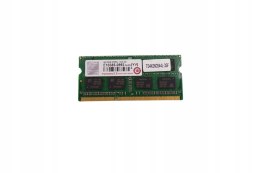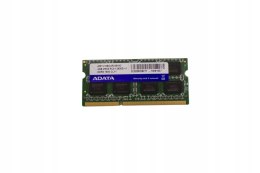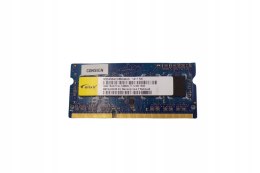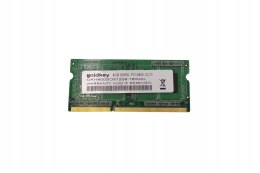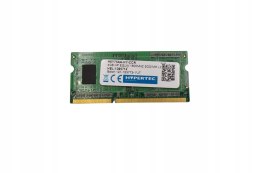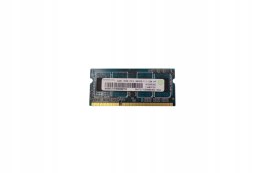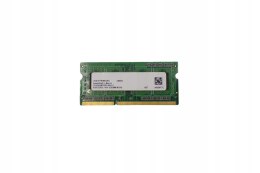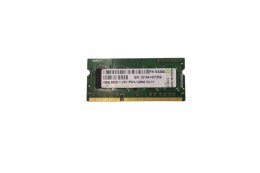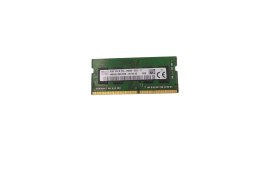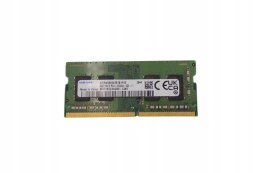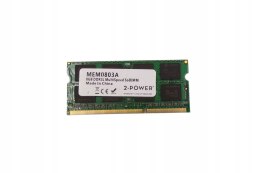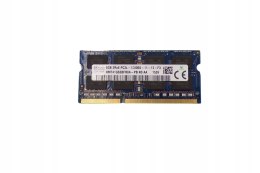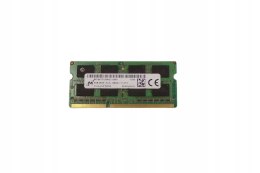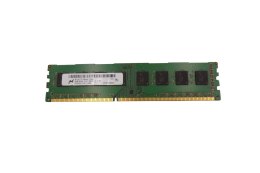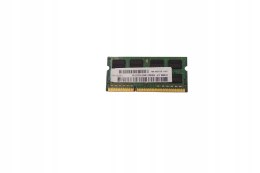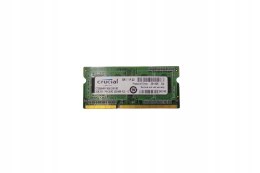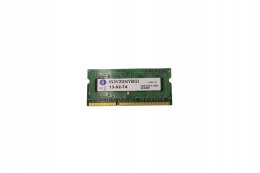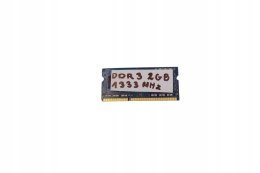Why is RAM important?
RAM, or Random Access Memory, is crucial to the performance of any computer, whether it’s a laptop, desktop PC, or even a smartphone. There are several reasons why RAM is so important, and the most critical include:
RAM is where the computer stores data it's actively using. The more RAM you have, the more data can be stored at any given time. This means the operating system and applications can access more information without needing to rely on slower storage devices like hard drives. For users, this translates into faster system responsiveness, quicker application loading times, and an overall smoother experience.
Modern computers often need to handle multiple tasks simultaneously, like browsing the internet, working on documents, playing music, or gaming. The more RAM you have, the easier it is for your computer to switch between these tasks without slowing down. This is particularly important for professionals or users who need to manage multiple applications at once.
- Performance in Games and Creative Applications
For gamers or users working with graphic design, video editing, or other creative tasks, having more RAM can significantly improve performance. Next-generation games and multimedia editing programs often require a large amount of RAM to run smoothly and allow for advanced project creation.
Investing in more RAM is also about future-proofing. While a certain amount may be sufficient for current tasks, software is becoming more demanding. Having more RAM reserves means your computer will remain useful for longer, and frequent upgrades can be delayed.
The right amount of RAM can help your computer use energy more efficiently. If your device doesn’t need to constantly access slower storage or swap data with the hard drive, it can operate at lower power, leading to less energy consumption.
How to choose the right amount of RAM for your laptop?
Choosing the right amount of RAM for your laptop is key to its performance and user experience. Here are a few crucial steps to help you make the right choice:
Before buying RAM, consider how you’ll use your laptop. If you mainly use it for browsing the internet and basic office applications, 8GB RAM may be enough. However, if you work with graphics, video, enjoy gaming, or run demanding applications, it’s worth considering a larger capacity, like 16GB or more.
Ensure that the selected RAM is compatible with your laptop. Identify your device’s model and check which types and capacities of RAM it supports. Some laptops have limitations on the maximum capacity that can be installed.
DDR4 is the dominant standard today, but older laptops may require DDR3. Make sure you choose the correct type of memory.
When purchasing RAM, consider the future as well. As software becomes more demanding, having more memory will make your laptop useful for longer. Consider buying memory that can be easily upgraded in the future.
Choose RAM from reputable manufacturers. High-quality memory will be more reliable and efficient.
RAM frequency impacts performance. Higher frequencies generally mean better performance, but also higher costs. Choose a frequency that suits your needs and budget.
If you're using a 64-bit operating system, you can utilize more RAM. 32-bit systems, however, have limitations on how much memory they can use.
If you’re unsure, it’s a good idea to consult a computer expert. They can help you select the right amount of RAM for your needs and laptop.
Choosing the right amount of RAM for your laptop depends mainly on your needs and the types of tasks you plan to perform. Carefully consider these factors, identify compatibility with your device, and think about the future to ensure smooth and efficient operation of your laptop.

![[{[item.product.name]}]]([{[item.product.photo.url]}] 125w)





